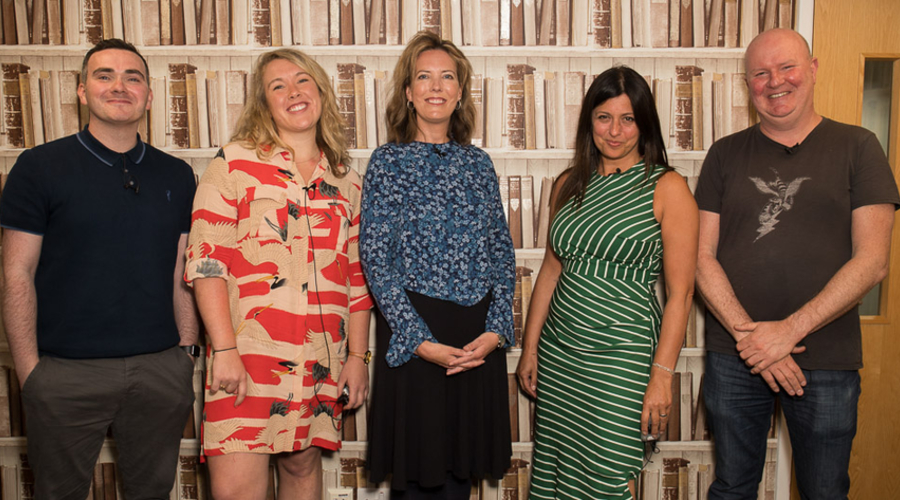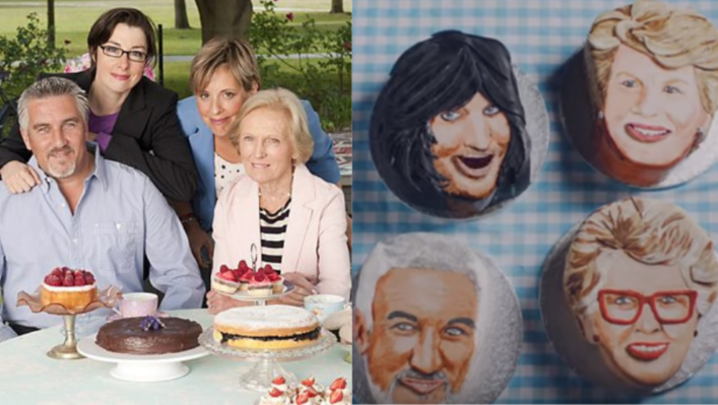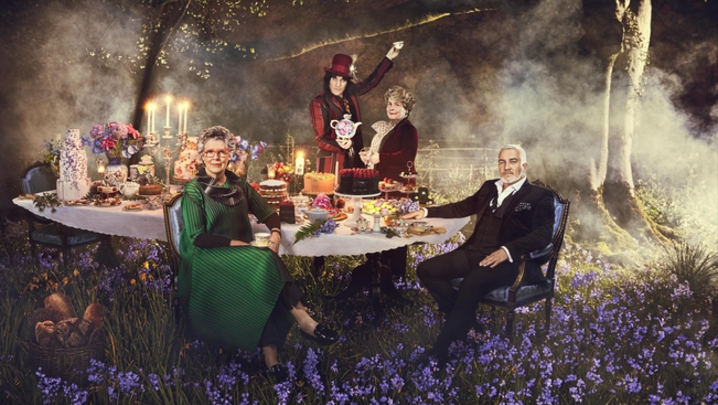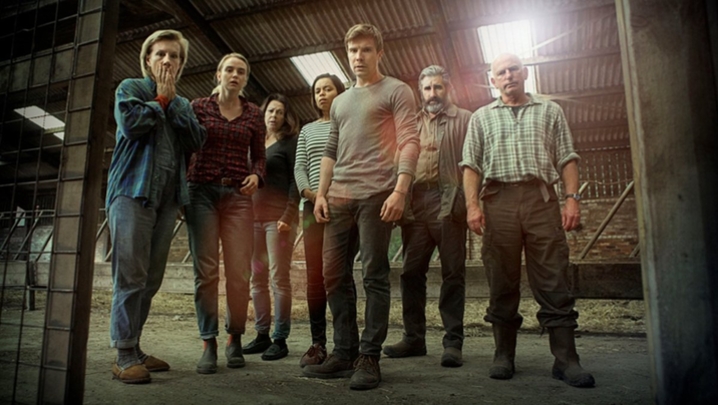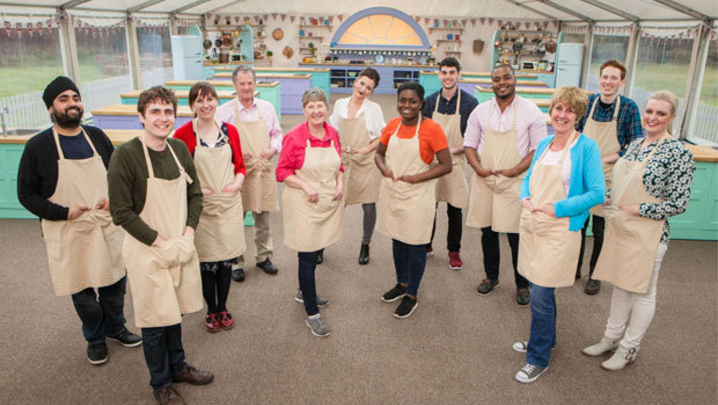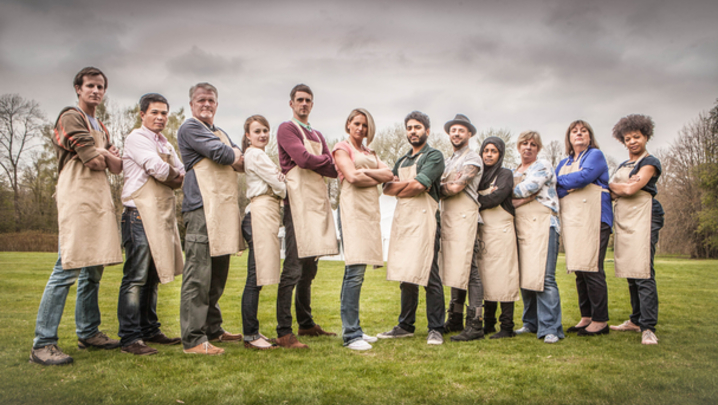While the success of Love Island and Blind Date proves that shows can be rested and brought back, others don’t appear to need a breather – Escape to the Country has been on air since 2002.
These are robust TV formats, which, over many years, bring audiences to broadcasters and profits to production companies. But they are the exception, not the rule in television.
At an RTS early evening event in early June, a panel of top TV execs discussed what gives formats legs.
The central London event took place a day after the triumphant return of ITV2’s Love Island, which attracted a peak audience of 3.4 million. The series opener averaged 2.95 million viewers, more than double last year’s first episode.
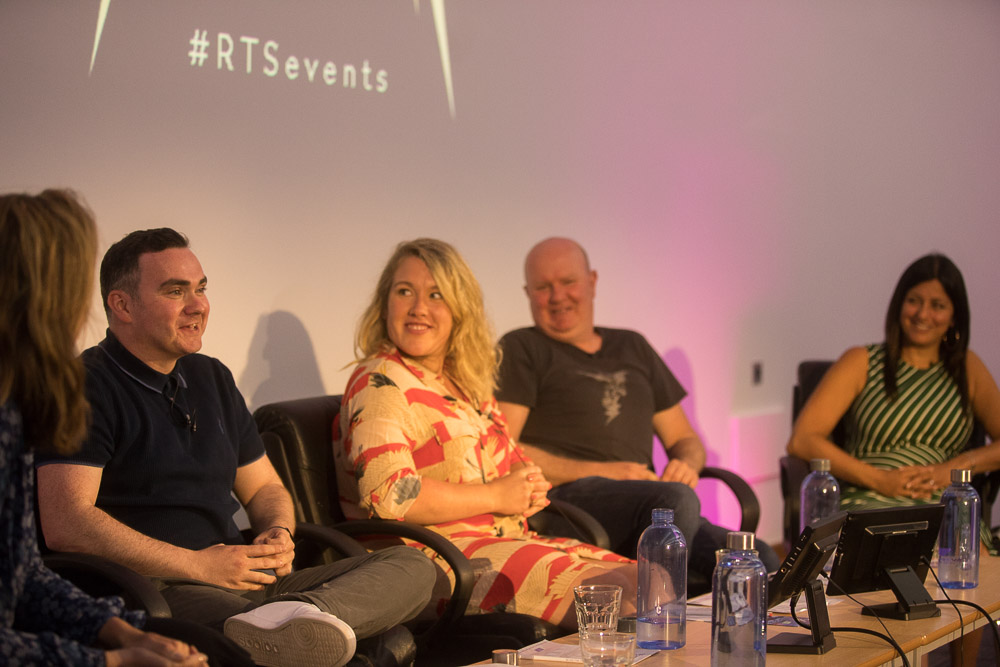 The format surfaced in 2005 as Celebrity Love Island on ITV, was refitted as Love Island for a further series and then scrapped. It returned in 2015 on ITV2. “When it came back, it managed to find a young, fresh, genuinely new audience for something that still brought an original fan base,” said Ella Umansky, head of formats support at ITV Studios, which makes the reality show with the Motion Content Group.
The format surfaced in 2005 as Celebrity Love Island on ITV, was refitted as Love Island for a further series and then scrapped. It returned in 2015 on ITV2. “When it came back, it managed to find a young, fresh, genuinely new audience for something that still brought an original fan base,” said Ella Umansky, head of formats support at ITV Studios, which makes the reality show with the Motion Content Group.“Having that original brand to latch on to gave ITV2 a little bit of confidence,” she added.
More than 85,000 people applied to be on the current series of Love Island. “We are very careful to make sure it has a diverse [cast],” said Umansky. “It’s not just young hot things with hot bods. It is that, to a degree, but also they are people who you can see yourself in, who have got real characters.”
ITV brought Dancing on Ice, last scene on screens in 2014, out of deep freeze this year. “When everybody knows what the show is, you can move it on a lot easier because you don’t have to remind people [about] the basic show. You can develop a new look and feel to it,” argued Umansky.
Blind Date, which first ran on ITV from 1985 to 2003, was revived by Channel 5 last year, with Paul O’Grady replacing one of his great friends, the late Cilla Black, as host.
Channel 5 commissioning editor Sean Doyle described the dating show as the antithesis of programmes that are “too cool and too modern”. Blind Date, he said, was “sweet and warm”.
One significant change to the “boy meets” girl formula of the original show is that Blind Date now welcomes LGBT participants.
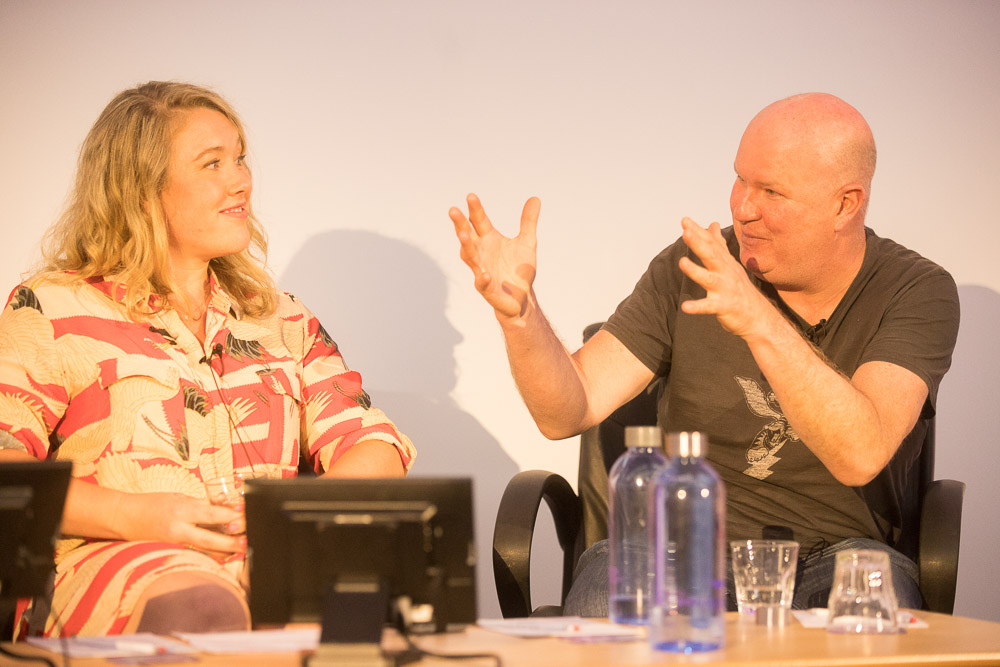
Camilla Lewis, now the joint CEO of Curve Media, has worked on many long-running formats, including Escape to the Country and Great British Railway Journeys, which has been on air since 2010.
When she was head of factual features at Talkback Thames, Lewis helped to save Escape to the Country from the BBC axe. “It’s still on air and still one of the greatest hit shows that BBC Two has ever had,” said Lewis.
“What’s at the heart of a [successful format] is good storytelling,” she added.
The Great British Bake Off has swapped channels and shed most of its original presenters and judges – but has remained hugely popular.
Richard McKerrow, the co-founder of Love Productions, discussed the transfer of his indie’s hit show to Channel 4 from the BBC in 2017. “It was to protect the format,” he revealed, adding: “It wasn’t all about the money, as has been reported.
“Ultimately, we felt that the format was under threat remaining at the BBC – it wasn’t something that we wanted to do; it was something we felt impelled to do.
“Channel 4 felt the safest place for it, because it is a public service broadcaster. If you look at the history of our productions, nearly all our programmes have been for the BBC or Channel 4, a few for ITV. Essentially, we’re a public service producer.”
Post-transfer, aside from the turnover in presenters and expert bakers with only Paul Hollywood still on board, The Great British Bake Off remains the same show. “That’s because the format was the heart and soul,” explained McKerrow. “We had a saying, which goes back to [the first series in] 2010, ‘Love the bakers; love the baking.’ And that is still the absolute case.”
Bake Off, Blind Date and Love Island, argued Lewis, are beneficiaries of a new “niceness” in broadcasting. “Television has woken up in the last couple of years and [decided to] do nice stuff,” she said. “Love Island might tease, but it’s not mean and nasty. Blind Date’s a total warm bath.”
“Viewers don’t want to see meanness and spite,” added Sean Doyle. “They want warmth and kindness, which is really what we wanted to [capture] on Blind Date.
Watch highlights from the event:
The early evening event, “Making shows great again”, was held at the Cavendish Conference Centre in central London on 5 June. It was chaired by entertainment journalist Caroline Frost, and produced by Martin Stott and Dan Korn.

